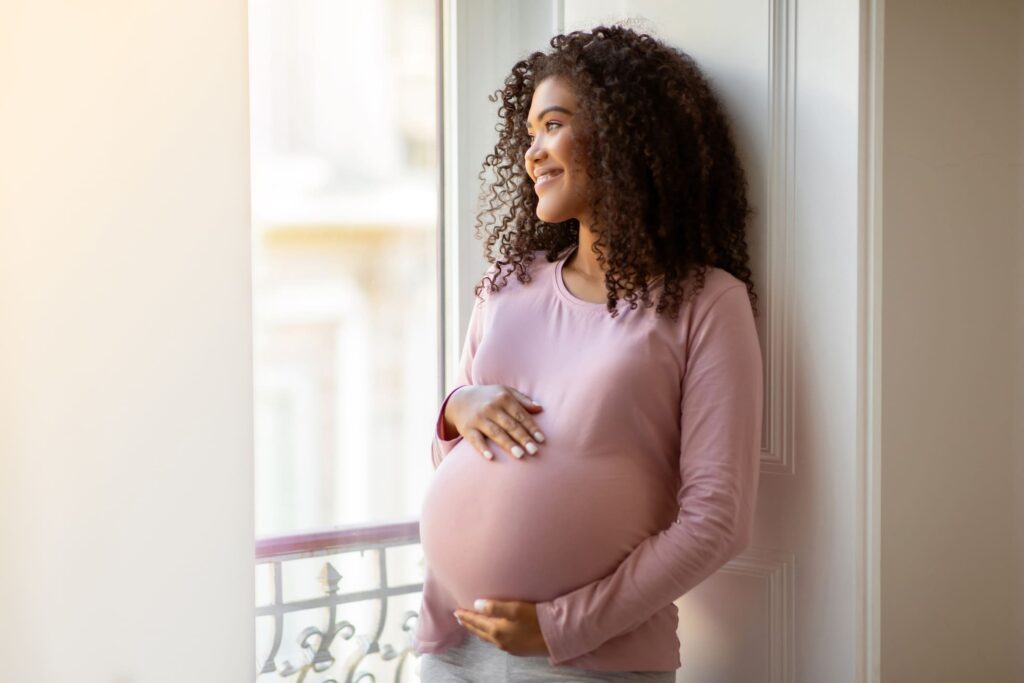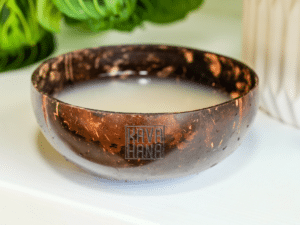Exploring the complexities of pregnancy usually leads to discussions about nutrition and lifestyle choices, with mums-to-be looking for the best options for themselves and their baby. As there are many diet restrictions put on pregnant women, it’s no wonder that using kava during pregnancy comes up as a topic of interest.
This traditional herbal drink from the South Pacific island, known for its calming effects, kava, has been used for centuries in social and ceremonial settings. It’s gained global popularity as an alternative to alcohol and medicinally as a natural treatment for anxiety and sleep disorders. As these can be common issues during pregnancy, it’s no wonder people may want to turn to kava to help relieve these symptoms. However, its safety during pregnancy remains a topic of concern and curiosity.
What the science says
While kava is generally considered safe to use, there is virtually no research that looks into how women using kava during pregnancy or their unborn babies may be effected.
According to the Food Standards of Australia and New Zealand, using kava during pregnancy is discouraged due to the concentration of kavalactones that may be present. These are the active ingredients in kava and are what lead to its mental and physical effects. Since the effects of kavalactones vary, it’s possible that the baby would get unwanted effects from them, impacting their development.
Traditionally, however, it’s been reported that women in the islands have drunk kava during pregnancy with the hope that it will ease labor and help with lactation and milk flow. And with its cultural meaning, they trust it will help them produce strong, healthy children. However, this is debated as in many cultures, women don’t drink kava. Regardless, drinking kava, as they do in the islands, is the purest and most natural form of kava and comes with no side effects.
There have been some reports from parents that say that drinking 1-2 shells of kava has been fine during pregnancy. Their babies have been born healthy and developmentally on par. Many of the discussions in the kava forums have highlighted the importance of mum’s health being a priority, so if drinking kava during pregnancy helps keep mum calm and relaxed, that’s more of a benefit to the baby than the potential risks from kava.
Traditional kava vs. extract and supplements
An important thing to remember when deciding to use kava is the form it’s in. Traditionally, kava is taken as a drink. The dried root powder is steeped in water and enjoyed as a tea-like beverage, usually with friends and family. It’s made up of just kava root and water or coconut juice, nothing else.
However, kava extracts and supplements have emerged as an easy alternative to traditional kava. You can find these in health food stores and local co-ops that sell natural supplements and herbal medicines. However, these contain all sorts of additives and unknown ingredients, making them shelf-stable and preserved. These ingredients can affect how your body absorbs kava, how it interacts with other herbs or medications you’re taking and can have negative side effects. The classic example is the liver damage that gave kava such a bad reputation back in the early 2000s. It turns out it was a poorly made supplement and interactions with medications that caused the damage, not kava itself.
This is a critical consideration when thinking about using kava during pregnancy. Since there is so little evidence, if you are going to use it, ensuring you have the purest and most natural form is essential.
Psychotropic drugs and herbs
The one serious consideration of kava during pregnancy is its psychotropic effects. While kava doesn’t have the same negative effects as other drugs or stronger herbs, it is still classified as psychotropic, which means it affects the brain.
It’s been noted that using psychoactive drugs during pregnancy can be linked to some severe complications for both the mother and baby. While these are linked to drugs that are addictive and can physically change the structure of the brain, which kava is neither, there still may be some underlying risks. Kava works by acting on certain neurotransmitters, chemical messengers in the brain, that promote the relaxing chemical GABA. We don’t know what the implications of this are for unborn babies. The truth is, there just isn’t enough information to confidently know the potential risks.
The takeaway
As with any herbal medicine, it’s important to talk to your doctor about using kava while pregnant. While, in the end, the decision is yours to make, ensuring your doctor knows about what you are taking is critical to help manage unexpected symptoms and potential effects.
Tags: kava while pregnant, kava while pregnant, kava kava and pregnancy, can you drink kava while pregnant, can you drink kava while pregnant, kava and pregnancy, kava kava pregnancy, kava in pregnancy, kava pregnancy, kava pregnant, is kava safe for pregnancy, kava during pregnancy, can you have kava while pregnant, can you have kava while pregnant, can i drink kava while pregnant, can i drink kava while pregnant, can pregnant women have kava, can pregnant women have kava, kava nectar side effects, is kava safe during pregnancy, can you take kava while pregnant, can you take kava while pregnant, can pregnant women drink kava, can pregnant women drink kava







